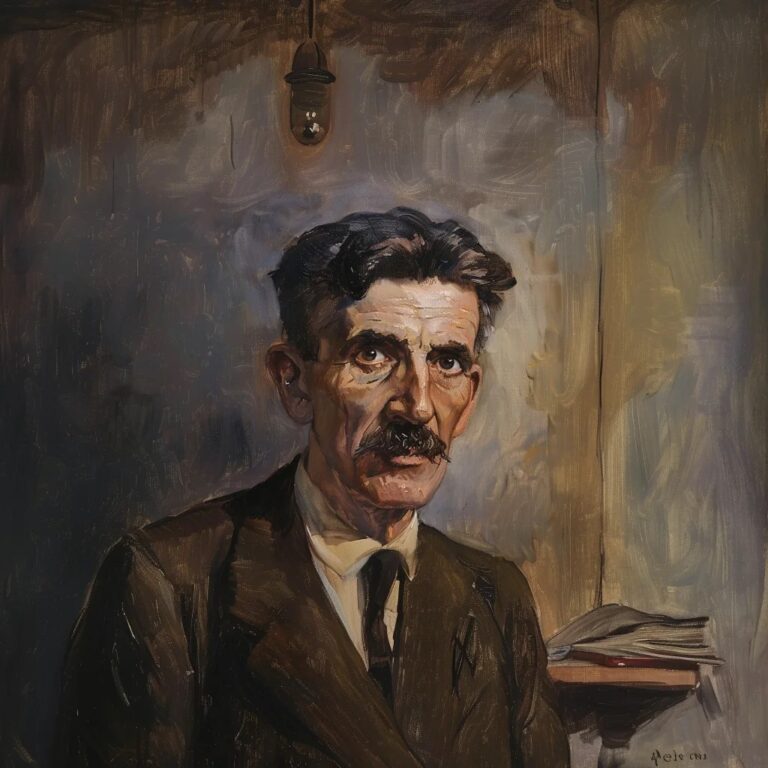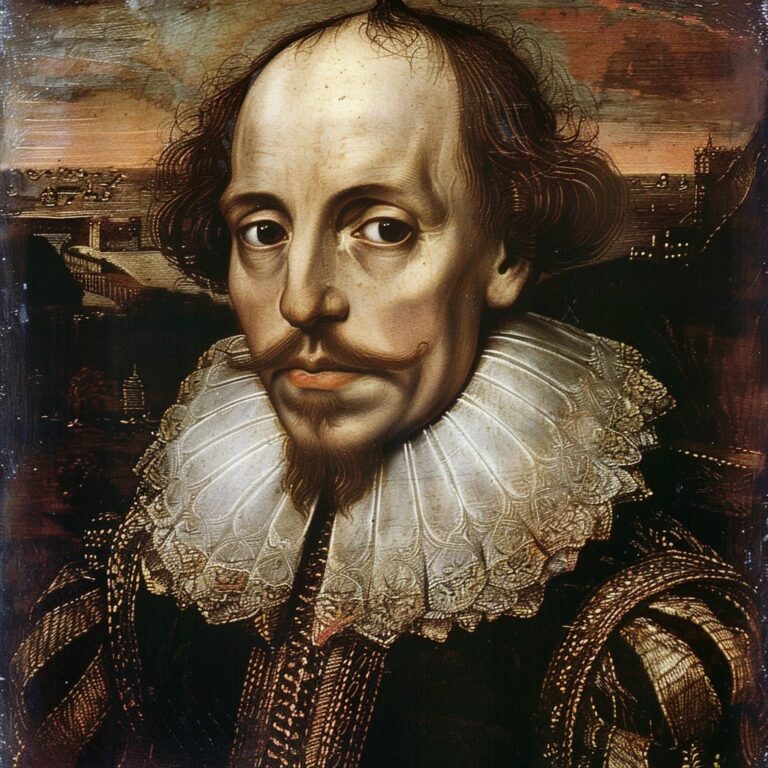George Orwell was born on June 25, 1903, in Motihari, India, as Eric Arthur Blair.
He adopted the pen name George Orwell in 1933, inspired by the River Orwell in Suffolk, England.
Orwell's most famous works include '1984' and 'Animal Farm,' both of which explore themes of political oppression and totalitarianism.
'Animal Farm' is an allegory of the Russian Revolution and the rise of Stalinism in the Soviet Union.
'1984' introduced terms like 'Big Brother,' 'doublethink,' and 'thoughtcrime' into popular culture.
Orwell served as a police officer in Burma (now Myanmar) before returning to England to become a writer.
He fought in the Spanish Civil War on the side of the Republicans and was wounded in the throat by a sniper's bullet.
Orwell was known for his clear, direct writing style and his commitment to social justice and political integrity.
He was a prolific essayist, writing on a wide range of topics, including literature, politics, and culture.
Orwell worked as a journalist for the BBC during World War II, where he produced propaganda broadcasts for the Indian service.
He was a keen observer of social conditions and wrote about his experiences living in poverty in books like 'Down and Out in Paris and London' and 'The Road to Wigan Pier.'
Orwell's work has had a lasting impact on political thought, influencing movements and thinkers across the political spectrum.
He was critical of both capitalism and Soviet-style communism, advocating for a democratic socialism.
Orwell's health was frail, and he suffered from tuberculosis, which ultimately led to his death on January 21, 1950.
George Orwell's legacy continues to resonate through his influential works, which remain relevant and widely read in the context of contemporary political and social issues.
How useful was this post?
Click on a star to rate it!



